Fourth Industrial Revolution (4IR) –
Navigating the Digital Transformation
Md. Tanvir Siraj-
As the world becomes increasingly digital, many developing countries are beginning to explore the possibilities of 4IR or Industry 4.0, the fourth industrial revolution characterized by the integration of advanced technologies such as artificial intelligence, the Internet of Things, and big data analytics into manufacturing and other industries. While 4IR has the potential to drive economic growth and improve living standards in these countries, navigating digital transformation can be challenging. In this article, we will examine some of the lessons that developing countries can learn from those that have already begun to adopt 4IR.
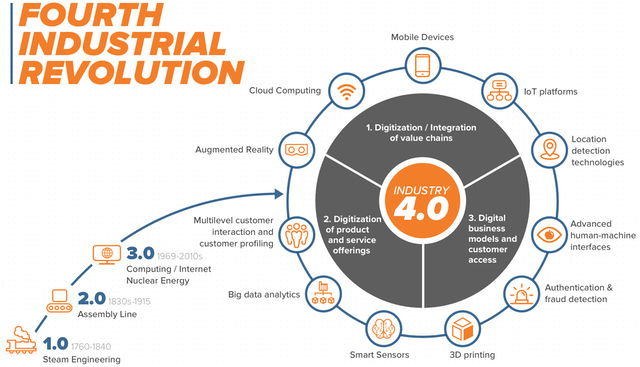
Artificial intelligence (AI) is a key technology in 4IR, characterized by the integration of advanced technologies into manufacturing and other industries. AI can process large amounts of data and make decisions quickly and accurately, which can help to improve efficiency, increase productivity, and reduce costs. For example, in manufacturing, AI can be used to optimize production processes, predict and prevent equipment failures, and improve product quality. In logistics, AI can be used to optimize supply chain operations and improve delivery times.
AI also can automate repetitive tasks, which can help to reduce labor costs and increase productivity. In addition, AI can be used to develop new products and services, as well as to create new business models. Moreover, AI can also help 4IR to achieve more sustainable and efficient operations. For instance, AI-powered systems can assist in the optimization of energy consumption, or the prediction of maintenance needs, reducing downtime and increasing the overall efficiency of the production process.
AI is a critical technology for 4IR as it helps companies to gain insights from data, automate repetitive tasks, improve efficiency, increase productivity, and reduce costs. Additionally, AI can help 4IR to be more sustainable and efficient. As technology continues to evolve, AI will become increasingly important in the implementation of 4IR, and companies that invest in AI will be well-positioned to reap the benefits of the fourth industrial revolution.
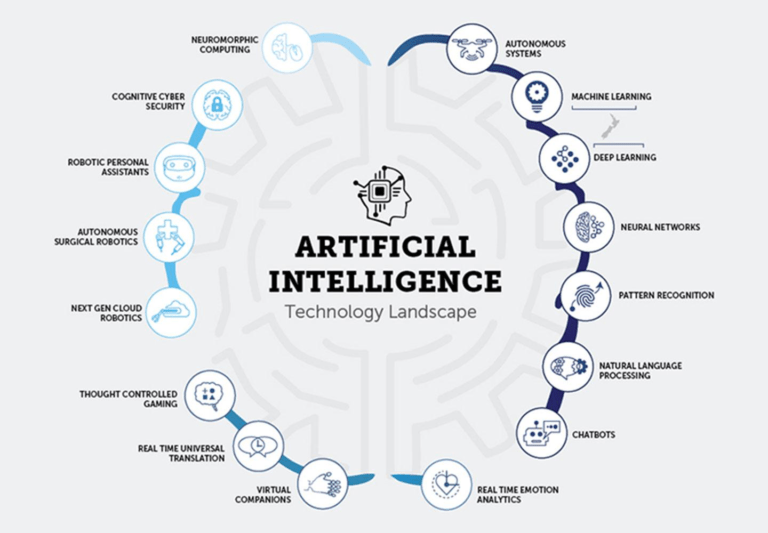
The Internet of Things (IoT) refers to the interconnectivity of physical devices, such as machines, vehicles, and other equipment, through the internet. This allows these devices to collect and share data, enabling companies to gain insights into their operations and make better-informed decisions. In 4IR, IoT is used to connect machines and equipment on the factory floor and throughout the supply chain, creating a “smart” manufacturing environment. This allows for real-time monitoring and control of production processes, enabling companies to optimize production, reduce downtime, and improve efficiency.
Additionally, IoT allows for predictive maintenance, where equipment can be monitored in real-time and issues can be identified before they become critical, reducing downtime and improving production efficiency. IoT also allows for the tracking of products throughout the supply chain, enabling companies to optimize logistics and improve delivery times. This can lead to faster response times to customer demand and can help companies quickly adapt to changes in the market.
Furthermore, IoT enables the collection of data from devices, vehicles, and machines, which can be analyzed to identify patterns and trends that can help companies to improve their products and services, and create new business models. IoT is an important technology in 4IR as it allows for the interconnectivity of devices, enabling real-time monitoring and control of production processes, predictive maintenance, optimization of logistics, and collection of data for improved decision-making. IoT creates a smart manufacturing environment that allows companies to improve efficiency, reduce downtime and costs and respond quickly to market changes. As technology continues to evolve, IoT will become an increasingly important part of the implementation of 4IR.
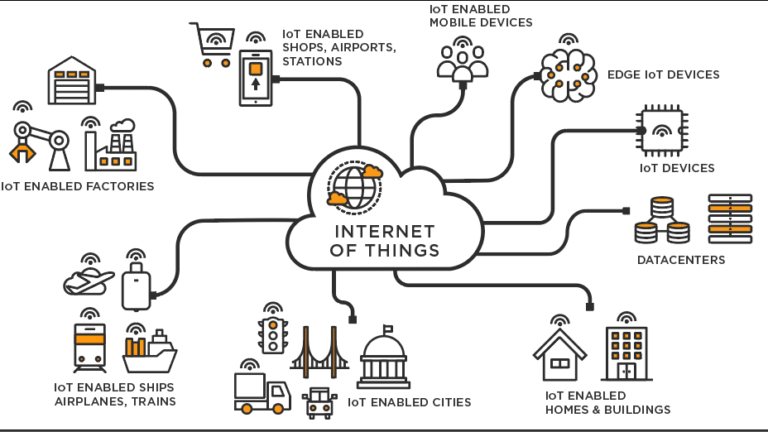
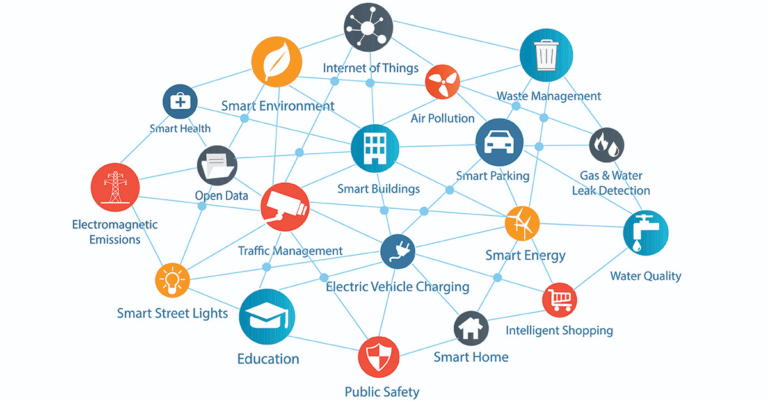
Big data refers to the large and complex sets of data that are generated from various sources, such as machines, devices, and sensors. With the increasing use of the Internet of Things (IoT) in 4IR, the amount of data generated is growing rapidly. Big data analytics enables companies to process and analyze this large amount of data, providing valuable insights that can be used to improve operations and decision-making.
In 4IR, big data analytics can be used to analyze data from machines and equipment on the factory floor, enabling companies to optimize production processes, predict and prevent equipment failures, and improve product quality. It also allows companies to monitor the performance of their products in the field, and to quickly identify and address issues that arise.
Big data analytics can also be used to optimize logistics and supply chain operations, providing insights into demand patterns, delivery times, and inventory levels. This can help companies to improve delivery times, reduce costs and increase efficiency. Additionally, Big data analytics can be used to analyze data from customers, providing insights into their preferences and behavior. This can be used to improve products and services, and to create new business models.
Big data analytics is a key technology in 4IR, as it allows companies to process and analyze the large amounts of data generated by IoT devices, providing valuable insights that can be used to improve operations and decision-making. It can be used to optimize production processes, prevent equipment failures, improve product quality, optimize logistics, and gain insights into customer behavior. As the technology continues to evolve, big data analytics will become an increasingly important part of the implementation of 4IR.
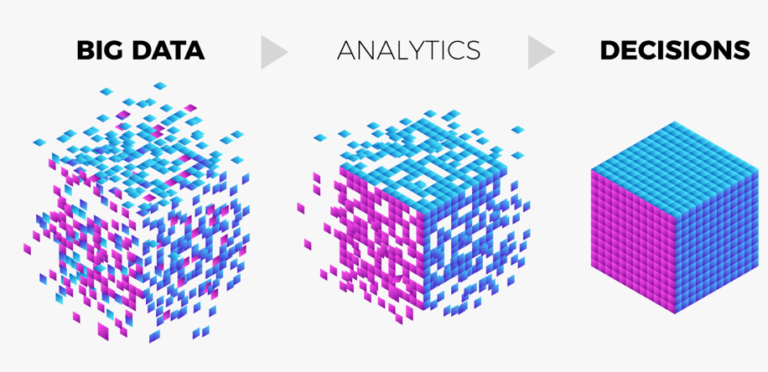
One of the key challenges that developing countries face in adopting 4IR is the lack of infrastructure and technological capabilities. Many of these countries have limited access to high-speed internet, electricity, and other basic services that are necessary for the implementation of 4IR technologies. To overcome this challenge, governments and private sector companies in developing countries must invest in building the infrastructure and capabilities needed to support 4IR. This includes investing in education and training programs to develop a skilled workforce, as well as providing incentives for companies to invest in 4IR technologies.
Another challenge that developing countries face is the lack of knowledge and understanding of 4IR technologies. Many companies in these countries may not be aware of the benefits that 4IR can bring or may not have the expertise to implement these technologies. To overcome this, governments and private sector companies must invest in research and development to better understand 4IR technologies and their potential applications. Additionally, they should consider partnering with more developed countries and companies that have experience in implementing 4IR to gain knowledge and access to technology.
The cost of implementing 4IR technologies is another challenge that developing countries face. These technologies can be expensive to purchase and maintain, and many small and medium-sized enterprises (SMEs) in developing countries may not have the financial resources to invest in them. To overcome this, governments and private sector companies should work together to provide financial support and incentives to SMEs, such as subsidies and low-interest loans, to help them afford 4IR technologies.
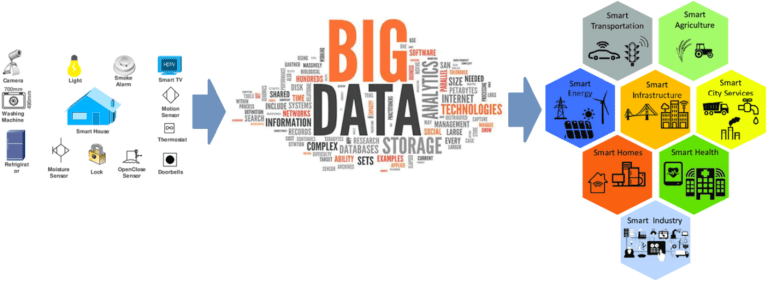
Additionally, developing countries need to address the issue of data privacy and security, as 4IR technologies collect, store and process large amounts of data, it is important to ensure that the data is kept secure and protected from cyberattacks. Governments and private sector companies must invest in cybersecurity measures to protect their data and ensure that it is not misused.

A final challenge that developing countries face is the need to adapt to the changing workforce. With the integration of 4IR technologies, many jobs will be automated and replaced by robots and other machines. This can lead to job losses and a need for workers to develop new skills. To overcome this, governments and private sector companies must invest in education and training programs to help workers adapt to the changing workforce and develop new skills.
Despite the challenges, developing countries have much to gain from adopting 4IR. These technologies can help to improve efficiency, increase productivity, and reduce costs. They can also help to drive economic growth and improve living standards. By investing in infrastructure, capabilities, and education and training, developing countries can navigate the digital transformation and reap the benefits of 4IR.
If we look at our neighboring country India, we can have some insights. In India, the government has recognized the potential of 4IR to drive economic growth and improve living standards and is taking steps to build the infrastructure and capabilities needed to support it. The government has launched several initiatives to promote the adoption of 4IR technologies, such as the “Make in India” campaign, which aims to increase the competitiveness of Indian manufacturers and make the country a global manufacturing hub. Additionally, the government has also launched the “Digital India” initiative, which aims to increase access to technology and the internet and to promote the use of technology in various sectors of the economy.
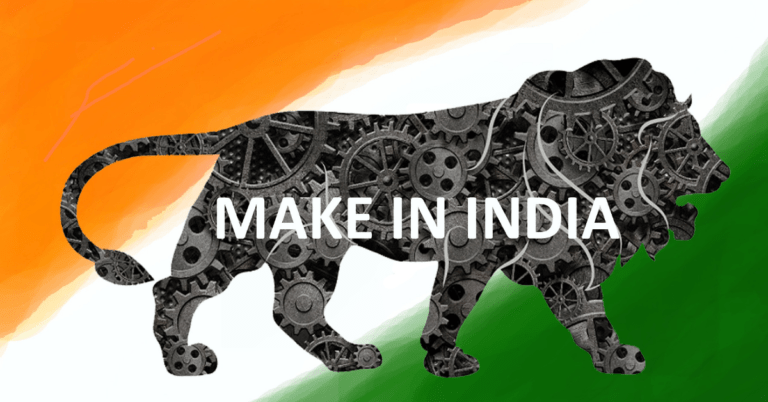
The private sector in India is also investing in 4IR technologies to improve efficiency and reduce costs. The automotive, textile, and engineering industries are among the first to adopt 4IR technologies.
In China, the government has launched several initiatives to promote the adoption of 4IR technologies, such as “Made in China 2025” which aims to increase the competitiveness of Chinese manufacturers and make the country a global manufacturing hub. Additionally, the government has also launched the “Internet Plus” initiative, which aims to integrate the internet into various sectors of the economy and to promote the use of technology in manufacturing and other industries.
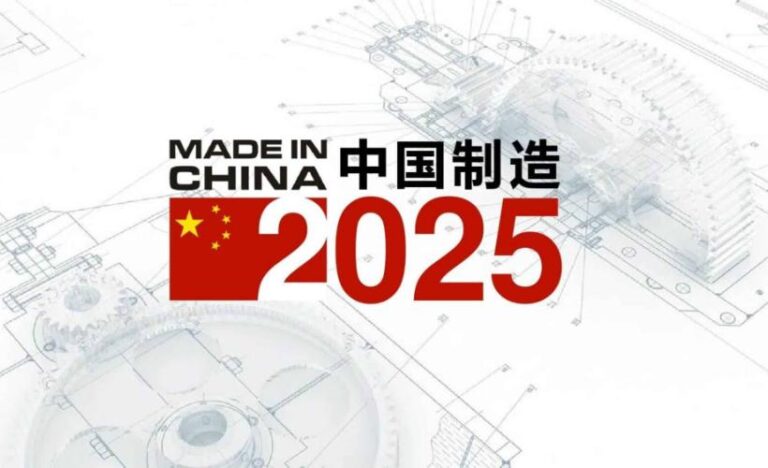
The government of Bangladesh has recognized the potential of 4IR to drive economic growth and improve living standards and is taking steps to build the infrastructure and capabilities needed to support it. For instance, they are working to improve the country’s digital infrastructure and to increase access to technology and the internet.
The government of Bangladesh is also promoting investment in 4IR technologies and providing support to Small and Medium Enterprises (SMEs) and individuals to invest in 4IR technologies. Additionally, the government is working to develop the necessary human resources and skills to support 4IR by promoting science, technology, engineering, and mathematics (STEM) education and training.
Digital Bangladesh is a government initiative launched in Bangladesh that aims to accelerate the country’s socio-economic development through the use of information and communication technologies (ICTs). The initiative was launched in 2009, to transform Bangladesh into a digital and knowledge-based economy.

The initiative has resulted in significant progress in increasing access to ICTs and the internet, particularly in rural areas. The government has also made significant efforts in digitizing government services and making them more accessible to citizens.
The private sector in Bangladesh is also investing in 4IR technologies, such as automation and IoT, to improve efficiency and reduce costs. The textile and garment industries, which are major contributors to the country’s economy, are among the first to adopt 4IR technologies. Furthermore, the government of Bangladesh is also working to address data privacy and security concerns, which are critical for the successful implementation of 4IR.
Overall, Bangladesh is taking a proactive approach to 4IR, focusing on building the necessary infrastructure, promoting investment, and developing the necessary human resources and skills. The government’s efforts, along with the private sector’s investments in 4IR technologies, are helping to position the country to take advantage of the opportunities presented by the fourth industrial revolution.
In conclusion, 4IR has the potential to drive economic growth and improve living standards in developing countries, but the transition to the fourth industrial revolution is not without its challenges. Governments and private sector companies must work together to build the infrastructure and capabilities needed to support 4IR, and to provide support and incentives to SMEs and individuals to invest in 4IR technologies.
Additionally, they must also address data privacy and security and help workers adapt to the changing workforce through education and training programs. By taking these steps, developing countries can navigate digital transformation and position themselves to take full advantage of the opportunities presented by 4IR.
It is important to note that 4IR is not a one-size-fits-all solution and each country will have to tailor its approach based on its specific needs and resources. However, by learning from the experiences of other countries, and by working together, Bangladesh can successfully implement 4IR and unlock its potential to drive economic growth and improve living standards for its citizens.
Md. Tanvir Siraj is a mechanical and industrial production engineer as well as a researcher



